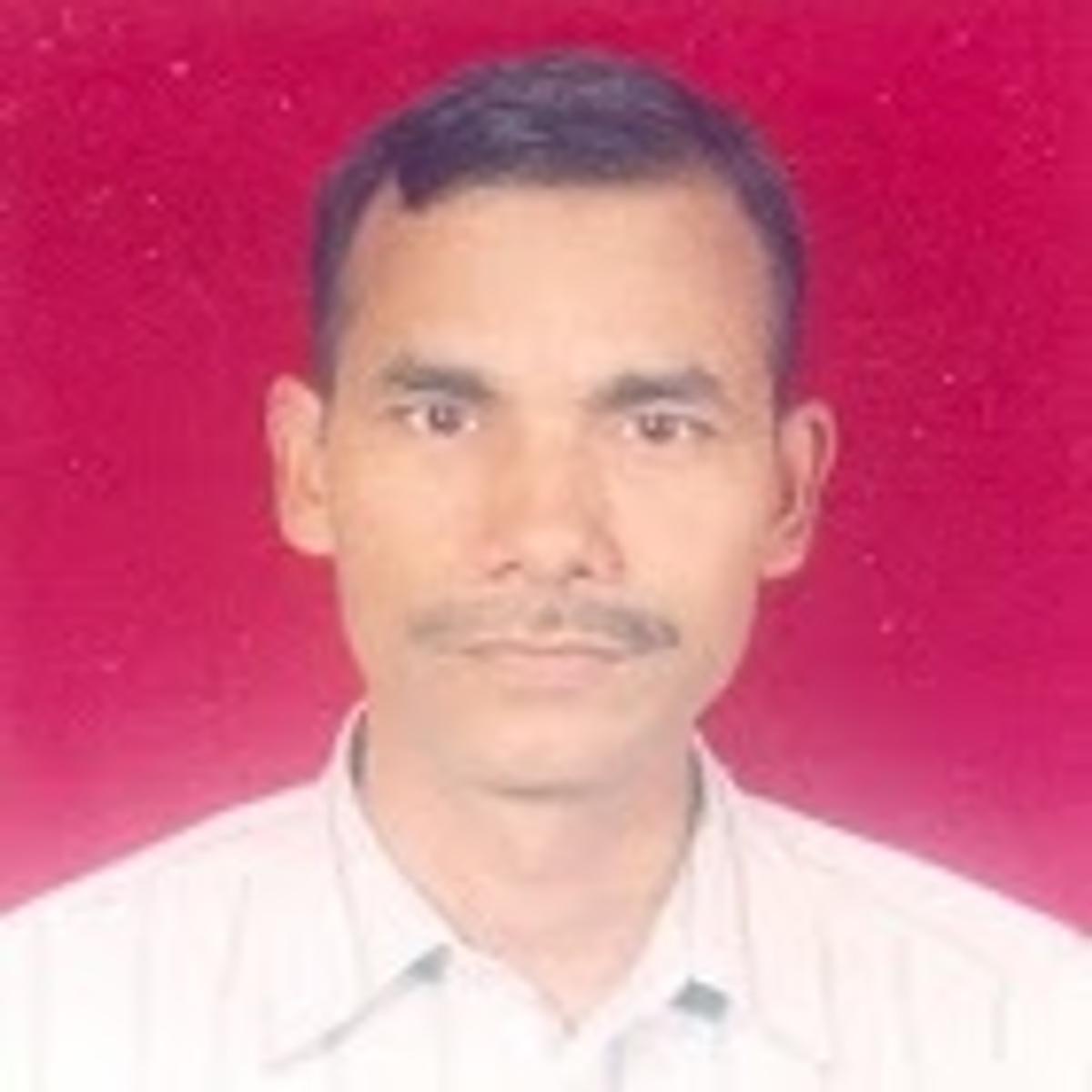Article 370 and Article 35A are two controversial provisions in the Constitution of India, which grant special status to Jammu & Kashmir. Article 370 empowers the State to have its own constitution and restricts the power of Parliament with respect of the state. Article 35A provides power to the state to define permanent residents of the state and their privileges. Article 35A was not part of the constitution and was added through a Presidential order in 1954.
After the abrogation of Article 370 and 35A on 5th August 2019, the first election for the Jammu & Kashmir Vidhan Sabha has been completed. Although before 2019, people of all three regions of Jammu, Kashmir and Ladakh used to cast their votes in local bodies, Vidhan Sabha and Lok Sabha elections, there are some communities, namely West Pakistan Refugees, Valmiki and Gorkha, who were discriminately debarred from casting their votes in the Vidhan Sabha elections.
With the scraping of Article 370 and 35A the Valmiki Samaj, the Gorkha Samaj, and the West Pakistan Refugees (WPR) have got the Right to vote for the first time and this is a historic and memorable moment for them. These communities have a population of around 2 Lakhs, spread across various parts of Jammu region, especially in Jammu, Samba, and Kathua districts. There is jubilant atmosphere among the families of WPR, Valmiki Samaj and Gorkha, who live as second class citizens in the world’s largest democracy.
Historically, 5764 families of West Pakistani refugees- predominantly Hindus and Sikhs- were driven out by Pakistan during partition in 1947. Approximately 372 families of Valmiki Samaj was originally brought to J&K from Gurudaspur district of Punjab in 1957 for sanitation work under a Bakhshi Gulam Mohammad led state government initiative. The ancestors of the Gorkha Samaj migrated from Nepal in 18th century on the request of Dogra Maharaja to serve in the Dogra Army. They fought many wars as soldiers of J&K State forces from the battle of Hunza and World War-I & II to the Pakistani attack in 1947. Of these three communities, the West Pakistan refugees have limited right to vote for the Lok Sabha only. At Present, the number of families of WPR is said to be around 22000, that of Valmiki as around 500 and of Gorkha as over 500.
Following revocation of Article 370 in 2019, the status of these unfortunate people has changed and the way has been paved for them to participate in the democratic process. After decades of injustice and discrimination, they have finally been granted state domicile. This has transformed the lives and fortunes of the three deprived communities and now they are full-fledged citizens of J&K having all the constitutional rights. They are now enabled to buy land, apply for jobs, participate in the elections to choose their own representatives and explore alternative livelihoods.
Since independence, the discriminately and step-motherly attitude of erstwhile Central as well as state government has deprived the generations of Valmiki, Gorkha and West Pakistan refugees from their basic rights only due to their religion and faith. In a significant milestone, the abrogation of Article 370 and 35A has come as a new dawn in their life and opened the doors to not only vote in the Vidhan Sabha elections, but also to become a part and parcel of the great country.
New Dawn for Valmiki, Gorkha and West Pakistan Refugees in J&K
 E
EOct 06, 2024, 09:21 AM
